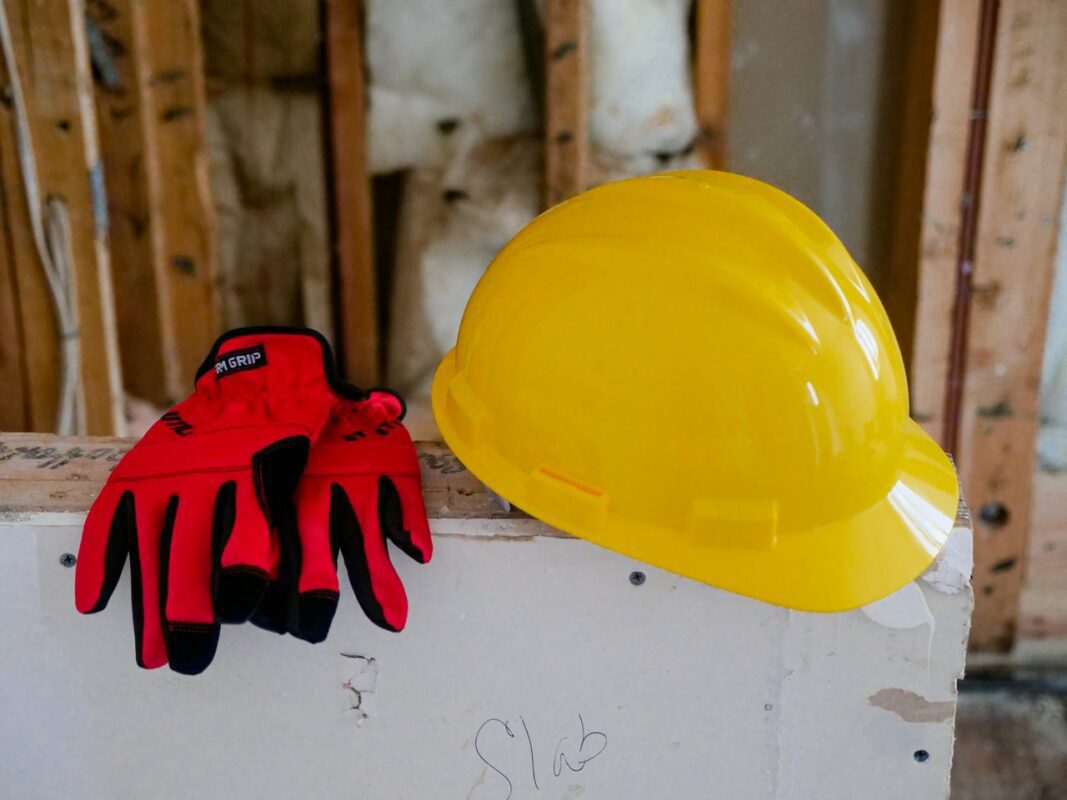New College Durham & Career Colleges Trust Tackling Skills and Knowledge Gap in the Construction Industry

New College Durham launches the Career Colleges Trust (CCT) Digital Construction Framework to their further and higher education Construction & Built Environment learners. The new framework builds on New College Durham’s employer-led curriculum in a move to help tackle the regional talent and labour needs of the construction industry.
The latest Construction Skills Network report estimates that the North East will need an extra 9,250 workers by 2026; this presents both an opportunity and a challenge, requiring a collaborative approach to meet the labour and skills demands.
Mark Anderson, Vice Principal, New College Durham, discusses the importance of industry and education working together to tackle the labour shortages and the skills gap.
“We’ve seen a rapid change in what employers within the construction sector need, partly because of the pandemic and partly due to changes in Modern Methods of Construction. The pace of change means a siloed approach to skills and knowledge development will no longer cut it. Now more than ever, it’s vital for education and industry to come together to train and develop the future construction workforce.
“For us to play a leading role in developing the future talent of the North East and beyond, we need to work with the right organisations with the latest knowledge, contacts, and tried and tested models, which is why we chose to partner with Career Colleges Trust.
“We’re already benefiting from their expertise with staff training and the set-up of our Digital Construction employer board, giving us access to tier one organisations in the construction industry such as Sir Robert McAlpine. And we know their advice and knowledge will better inform our decisions around curriculum development and delivery.”
Mark continued: “We also like how the Career Colleges’ model encourages and supports collaboration with other colleges. We can definitely see the advantages of how working together to share best practices, whether that’s curriculum design and innovation, staff resourcing or sharing access to employer-led webinars and talks, will deliver the best possible learning experience for our students and equip them with the work-ready skills and knowledge needed to build successful careers in the construction industry.”
Career College’s Digital Construction Project Director, Bev Jones, explains why collaboration is key to solving industry challenges.
“Construction is a rapidly growing sector where technology and innovation in modern building methods are changing the workforce skills needed. And as roles outpace people, it’s imperative that we take a different approach, one where industry and education are truly aligned and working together to solve the challenges faced – and that’s where we come in.
“We are actively addressing the challenges around attracting and recruiting appropriately skilled and digitally savvy talent into the industry through the Digital Construction Project, a five-year project funded by Sir Robert McAlpine, which puts collaboration and an employer-led curriculum at its heart. But we can only make real change by working with forward-thinking employers and colleges that are ready to shake things up and deliver the skilled construction workforce of tomorrow – a reason we are thrilled to welcome our latest Career College, New College Durham.”
Bev continued: “Our model embraces employers taking a more active role in developing their future workforce by helping shape curriculum frameworks, providing valuable resources, and access to experts, knowledge and funded projects. It’s important for us to do something that will support our colleges, who have been underfunded for years, so they can continue to rise to the challenge of training and inspiring the talent that’s essential for the continued success of businesses, especially in sectors with high-growth demands and labour shortages.
“During the pilot project, launched at the City of Glasgow College in 2020, we saw first-hand the enormity of the digital skills gap in the construction industry and how disparate technology is in the sector. This led to employer to employer conversations via our Employer Board on ways to approach and solve the need for universal tech compatibility standards to drive effectiveness across the supply chain. The pilot project also emphasised the need for collaboration not just via industry and education but also across education providers so best practices are shared to drive efficiencies to train the next generation of digitally skilled construction workers.”











Responses